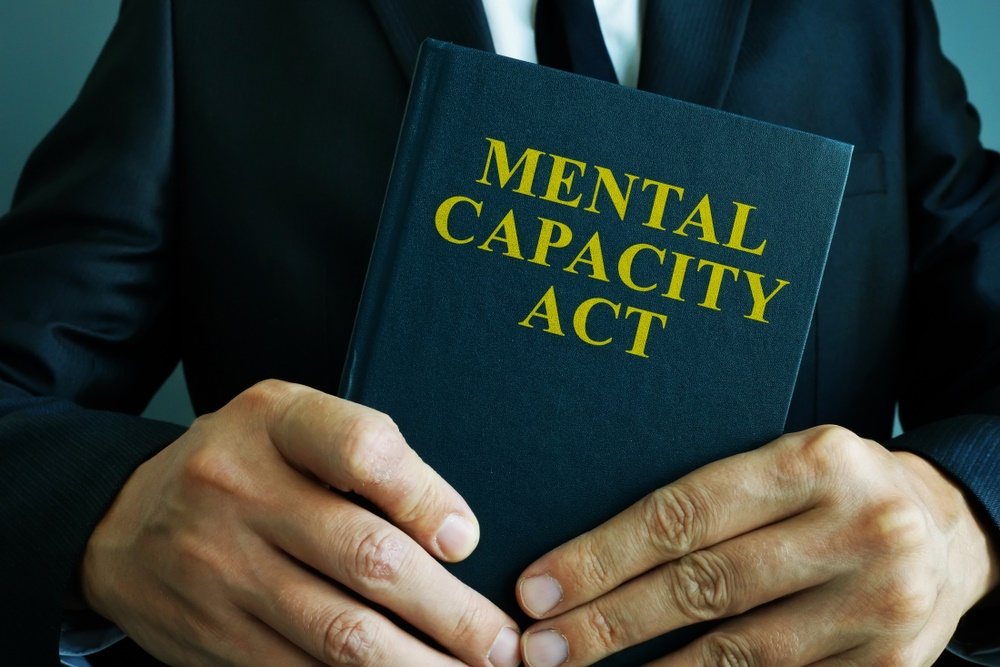Mental capacity and Covid-19
What happens when a patient who lacks capacity has coronavirus and decisions need to be made?
It is important to point out that the Mental Capacity Act 2005 was not amended by the recent emergency legislation to deal with coronavirus and therefore where a person lacks capacity, its best interests decision making principles still apply in full.
The Mental Capacity Act says that a person making a best interests decision must consider:
- Whether it is likely that the person will at some time have capacity in relation to the matter in question; and
- If it appears likely that he will, when that is likely to be.
- He must, so far as reasonably practicable, permit and encourage the person to participate, or to improve his ability to participate, as fully as possible in any act done for him and any decision affecting him.
- Where the determination relates to life-sustaining treatment he must not, in considering whether the treatment is in the best interests of the person concerned, be motivated by a desire to bring about his death.
When making a best interests decision, the views of the following people must be taken into account "if it is practicable and appropriate to consult them:"
- anyone named by the person as someone to be consulted on the matter in question or on matters of that kind,
- anyone engaged in caring for the person or interested in his welfare,
- any donee of a lasting power of attorney granted by the person, and
- any deputy appointed for the person by the Court of Protection.
Therefore it is important that if you or a family member has made a power of attorney that this is communicated to the treating practitioner and /or (if you know who this is) the person responsible for making the best interests decision. If you act as a deputy for a person who lacks capacity who needs treatment, you should also flag this up when possible to ensure that you will be consulted if any important decisions need to be made.
The Office of the Public Guardian has rolled out a new system for NHS staff and local authority employees to search the OPG register urgently to see if a Coronavirus patient who lacks capacity has a registered Lasting Power of Attorney, Enduring Power of Attorney or Deputyship Order in place. OPG aims to provide the search results within 24 hours, which is a lot quicker than OPG's standard search (around 1-2 weeks). This may prove to be very helpful but in practice NHS staff and social workers working under extreme pressure, e.g. in intensive care may not have time to make this search or be aware of the facility. There is no automatic system to flag up the existence of a power of attorney or deputyship to medical or social care professionals. Therefore it will assist everyone involved if the attorney or deputy can provide this information in good time if the patient is not able to do so because they lack capacity.
Similarly, if you have made an Enduring Power of Attorney or Lasting Power of Attorney and you are concerned about what would happen if you needed to be admitted to hospital, it is advisable to share this information with your GP and perhaps to remind your attorneys of their appointment.
At Wards Solicitors our Wills, Probate and Mental Capacity team members are working through the Coronavirus crisis and remain able to assist you in making Wills and Lasting Powers of Attorney, and if you need to make an application to the Court of Protection where a family member has lost capacity.
For Court of Protection enquiries please contact Alison Lamont at Alison.lamont@wards.uk.com, or click here to view the Court of Protection team.
For LPA and Will enquiries please contact Jenny Pierce at jenny.pierce@wards.uk.com or click here to view the Wills, Probate and Mental Capacity team.


